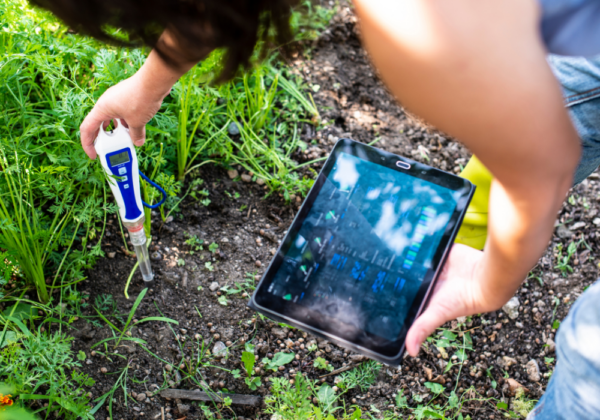In the world of construction, the foundation of any project is literally and figuratively built on the ground beneath it. This makes understanding the soil at your construction site not just an initial step but a critical one. Comprehensive soil testing should be a priority before any excavation project begins, ensuring safety, efficiency, and cost-effectiveness.
 The Importance of Soil Testing
The Importance of Soil Testing
Soil testing is crucial for several reasons, each contributing to the overall success of your excavation project. Here’s why comprehensive soil testing is necessary:
- Determining Soil Composition: Different types of soil have varying characteristics that can significantly impact excavation. For instance, clay soils behave differently than sandy soils under pressure.
- Ensuring Construction Site Safety: Proper soil testing helps identify potential hazards such as soil instability, which can lead to landslides or other dangerous conditions during excavation.
- Preventing Project Delays: Unanticipated soil conditions can cause delays if they’re discovered after the project has started. Early soil testing can mitigate these risks by allowing for better planning.
- Cost Management: Identifying soil issues early on can prevent unexpected expenses related to soil remediation or foundation reinforcement, ultimately saving on project costs.
Types of Soil Testing Methods
Several soil testing methods are commonly used in the construction industry. Each serves a unique purpose and provides different insights into the soil characteristics at your site.
- Soil Borings: This method involves drilling into the soil to extract samples, which are then analyzed in a laboratory. Soil borings provide detailed information about soil layers, composition, and moisture content.
- Cone Penetration Tests (CPT): CPT involves driving a cone-tipped probe into the soil and measuring resistance. This test provides data on soil density and strength, which is essential for understanding load-bearing capacities.
- Soil Resistivity Tests: Used primarily to assess the soil’s ability to conduct electricity, soil resistivity tests help identify corrosive soils, which can affect buried metal structures and electrical grounding systems.
How Soil Testing Impacts Project Planning
The results of soil testing have far-reaching implications for the planning and execution of excavation projects. Here are some key areas influenced by soil testing:
- Project Timelines: Knowing the soil characteristics beforehand allows for more accurate project scheduling, reducing the risk of unexpected delays.
- Cost Estimates: Soil testing can reveal potential issues that might necessitate additional work, such as soil stabilization or special foundation designs, enabling more precise budgeting.
- Safety Measures: Understanding soil conditions can inform the necessary safety precautions, such as shoring or slope reinforcement, to protect workers and equipment.
 Recommendations for Best Practices
Recommendations for Best Practices
To maximize the benefits of soil testing, consider the following best practices:
- Early Engagement: Conduct soil testing early in the project planning phase to identify potential issues and incorporate solutions into the initial design.
- Comprehensive Testing: Use a combination of soil testing methods to obtain a complete picture of soil conditions. Relying on a single method may not provide all the necessary information.
- Regular Monitoring: Soil conditions can change over time due to environmental factors. Regular monitoring ensures that the initial testing remains relevant throughout the project.
- Expert Consultation: Engage with geotechnical engineers and soil scientists to interpret test results accurately and develop appropriate strategies for any identified issues.
Soil testing is an integral part of any successful excavation project. It provides essential information that influences safety, budgeting, and project timelines. By understanding and addressing soil conditions early on, construction professionals can mitigate risks, manage costs, and ensure the structural integrity of their projects.
For more information on soil testing and how it can enhance your construction projects, reach out to our team. Let’s build safer, more efficient projects together.


